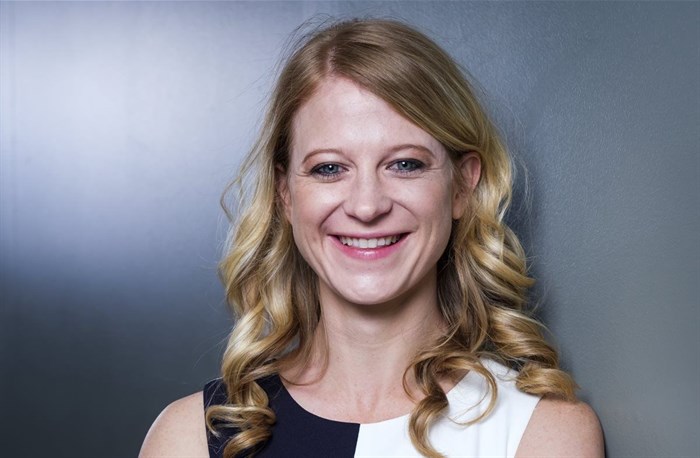
Top stories






More news






ESG & Sustainability
#Sona2026: President announces crisis committee to tackle SA's water challenges








At this time of year, we read dozens of articles talking about the trends we can expect to see in education this year. Gamification. Virtual reality and artificial intelligence. Big data and blockchain. Problem is, none of them are relevant to the challenges we face in South Africa, or the rest of the real world, for that matter.
Here are the four big trends we see dominating the local education sector this year:
We’ve seen a spate of online schools opening in the past couple of years, with many parents declaring that homeschooling was the way forward for their children. What the past 12 months has shown us is that online schooling has some way to go before it can be considered a meaningful alternative to face-to-face learning. We’re seeing many children going back to conventional schools – and often, they’ve fallen behind academically a grade or more.
The fact is that education has always been about far more than just academic learning. Schools teach children the social and emotional skills they need to make their way in life. There are definitely learners who thrive in a homeschooling environment. But they are the exception.
Covid-19 created an education gap that’s going to take years to restore to pre-pandemic levels. Many learners will never catch up. That’s not going to be for a lack of trying, though. This year, we can expect to see a massive push by the entire education ecosystem to deliver a productive year of schooling that will help fill some of the gaps left by the pandemic. As a country, we simply can’t afford to have entire cohorts of learners falling behind, or having reduced schooling levels and cognitive skills.
Times are tough. Inflation is through the roof. Parents are paying more for fuel, food and simply keeping a roof over their heads. Many will struggle to pay school fees, which will put schools under even greater financial pressure. Our challenge is simple. We must be more cost effective in everything we do, and cut our budgets to the minimum without cutting back on key educational activities.
As an education sector, it’s vital that we make sure that what we’re teaching our youth is going help them navigate the new world we live in. We’ve got to focus academic portfolios on skills for a new era of jobs and employment. Our learners must start getting the skills they need to navigate the job market at school already. More importantly, we’ve got to teach the essential skills that are so crucial to the new world of work: how to collaborate; how to solve problems; how to think critically.
The children of South Africa have the fundamental right to learn, and to be educated. We talk a lot about education being a basic human right, and a tool to raise people out of poverty. The setbacks of the past couple of years mean there are still too many young South Africans who aren’t getting the chance they deserve to make their way in the world. In 2023, our duty as educators is to give them hope – and a future. Our country can afford nothing less.
